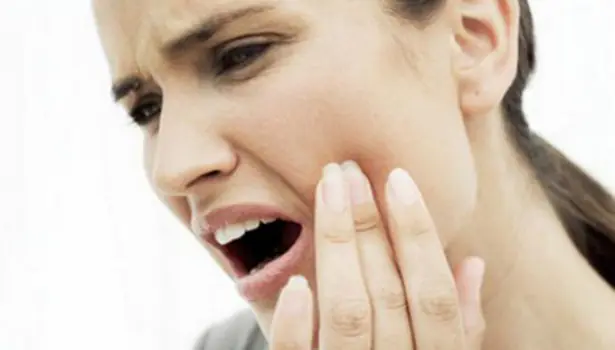Many of us remember with trembling how wisdom teeth come in: they take a long time to erupt and are accompanied by unbearable pain. Why exactly “wise” teeth are so complex and how to cope with the problems they cause.
Why are wisdom teeth so problematic? The first is that there has never been a milk tooth in its place, and the gums, accordingly, are not prepared. Secondly, it begins to erupt only in adulthood, when the jaw bone is already formed. For these reasons, it is so difficult for our “wise” teeth to make their way through.
Symptoms manifest in different ways. There is a high temperature, severe pain, which makes it even difficult to open your mouth, and swelling on the face. In some cases, severe pain appears in the ears and throat. The process of teething lasts quite a long time, so painful inflammation will bother you for more than one day. But when the tooth hurts for the third or fourth day, you need to consult a doctor.
In addition, wisdom teeth are “carriers” of caries. Basically, they assume an incorrect position due to the fact that they do not have enough space on the jaw. When it tilts towards the adjacent tooth, food accumulates between them and cleaning becomes difficult. This causes early development of caries of the neighboring tooth and bad breath. The wisdom tooth itself is also problematic to clean during the process of its growth, which is why it is also called a “breeding ground” for caries.
How to relieve pain?
To speed up this unpleasant process, the so-called hood above the tooth is cut off. In this way, the gum is excised and a “window” is created for faster tooth growth. The possibility of such an intervention should only be considered by a doctor, taking into account X-ray data.
You can relieve symptoms yourself at home. Rinsing with an antiseptic solution and taking analgesics will help you soothe the pain. A solution of soda and salt is considered effective, but many dentists claim that such a mixture loosens the gums and corrodes it. Lidocaine spray will also be effective; it will simply freeze the tooth.
Of the folk methods, there is one, rather unusual, but effective. Take a plantain leaf, twist it and place it in the ear on the side where the tooth hurts.
Should I keep the tooth or remove it?
The solution to this issue, of course, should be made only with the consultation of a doctor. The dentist will assess the location of the tooth, how high the risk of inflammatory processes is and will review X-ray data.
What to do if a wisdom tooth grows into the cheek?
In the case when the wisdom tooth grows into the cheek or is generally located horizontally, you do not need to think long about whether to remove it or not. Such a tooth causes periodic inflammation and causes chronic injury to the mucous membrane of the cheek or tongue and in some cases can lead to the development of ulcers. Therefore, as a rule, such teeth simply need to be removed.



